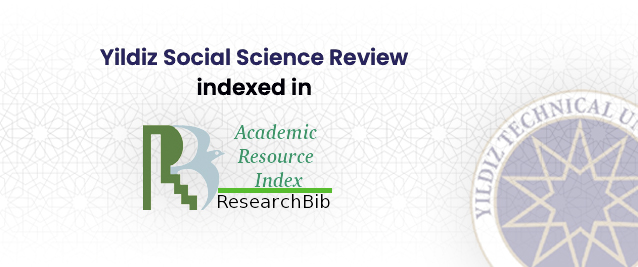Abstract
The present study is an interrogation on the thesis that the analyses Marx develops on the capitalist mode of production are greatly inspired by the Hegelian concept of the “work of the negative”. At the beginning of his Phenomenology of Spirit Hegel insists on the fact that the truth is equally subject. Subject is a reality which continually produces, and through its production it produces itself continually. Marx states that the
capitalist system is also governed by a logic of uninterrupted production, by a logic of “production for production”. In that sense the capitalist system is also a process of uninterrupted negation of the given. In Marxian analyses, the concept of “the work of the negative” finds its equivalent in the concept of infinite production of “value”.
Kapitalist üretim biçimi içinde emeğin konumu, emeğin bu sistem içinde işleyiş tarzı konusunda Marx’ın geliştirdiği soruşturma, büyük ölçüde, Hegel’in etkisini taşır. Bu etkiyi, Marx’ın, basit biçimde, Hegel’ci bir düşünür olması, Hegel felsefesini eleştirisiz bir yaklaşımla benimseyip sürdürmesi tarzında anlamıyoruz. Marx, Hegel’in kimi çözümlemelerini ödün vermez bir dikkatle eleştirmiştir. Ancak bu eleştiri, Hegel’i derinden anlamış, Hegel’in yüce düşüncesinin gerektirdiği düşünsel sınavı sabırla göğüslemekten kaçınmamış bir bilincin eleştirisidir. Bu tür bir bilincin hedef olduğu etkiden söz etmek istiyoruz. Hegel, 19cu yüzyıl yenilikçi, eleştirel, devrimci düşüncenin emek ve üretime yüklediği sonsuz, ulvî diyebileceğimiz, felsefî değeri en yetkin biçimde kavramsallaştırmış düşünürdür. Bu yeni emek, dolayısıyla üretim kavramının özgün içeriğini anlayabilmek için, Hegel’in “özne” kavramını ne tarzda anlayıp işlediğini incelemek gereki











